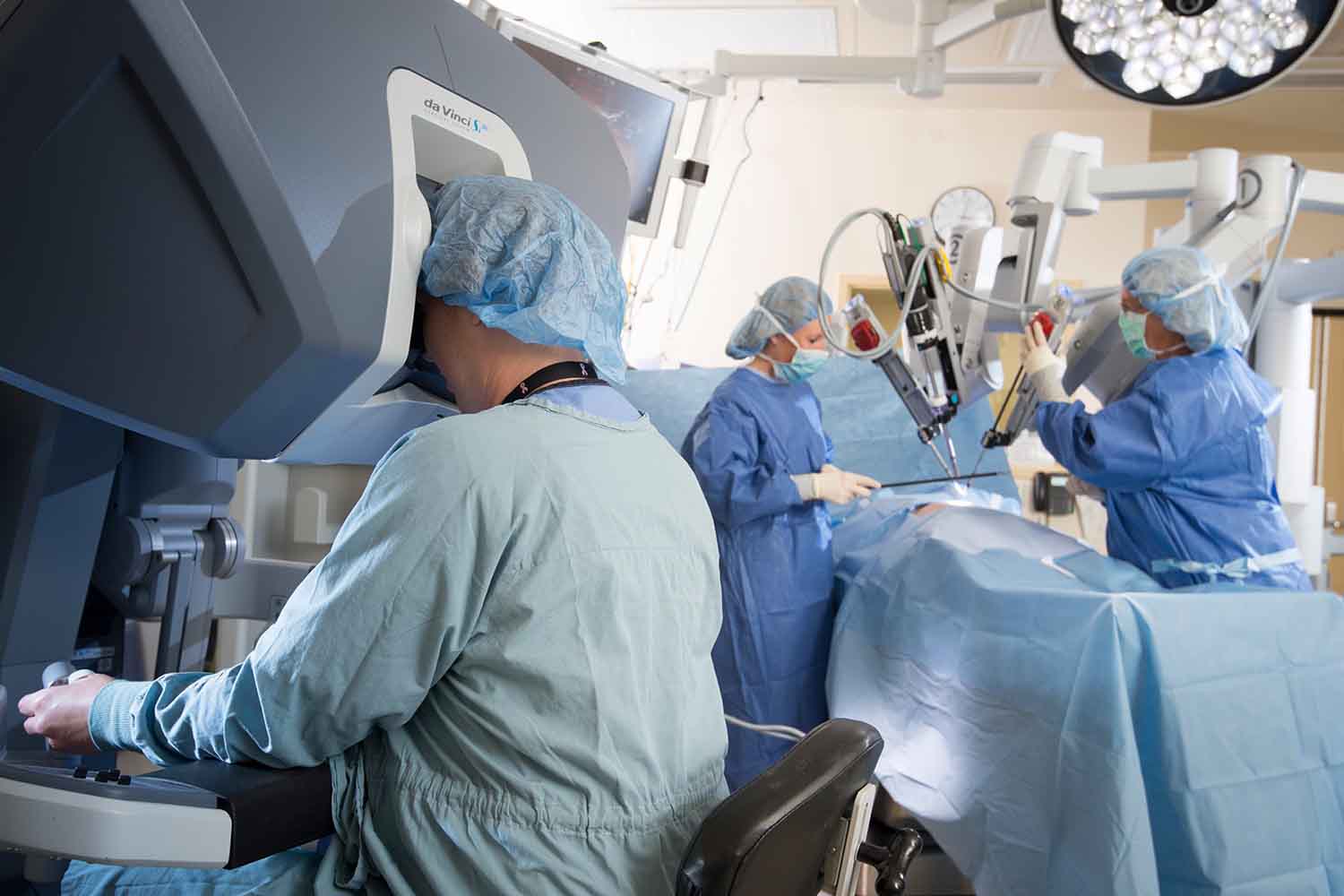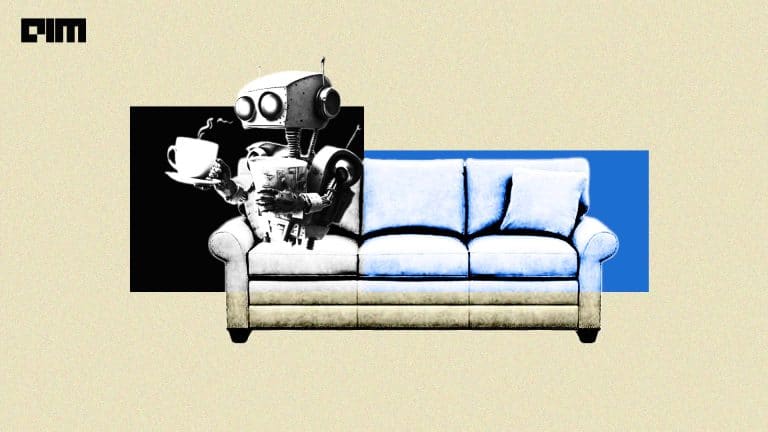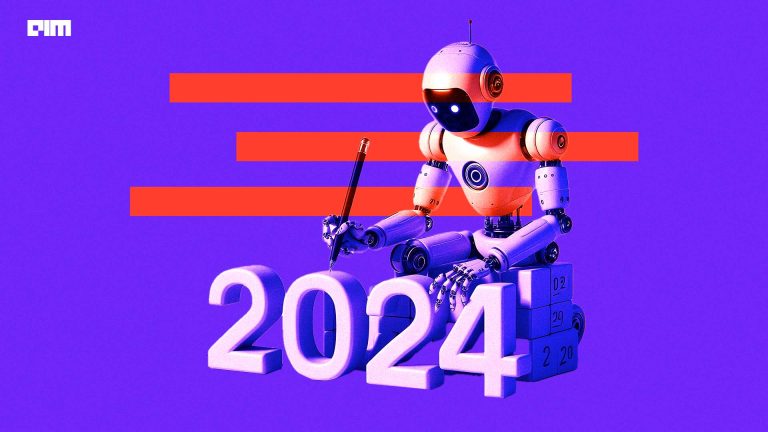With no proper guidelines issued from the Indian Council of Medical Research amid COVID on elective surgeries, it created a lot of ambiguity among the healthcare fraternity. Not only it created a lack of clarity among hospitals but also enforced insecurity among patients. The doctors of Manipal Hospitals, Bangalore faced a similar challenge as they were under a lot of stress due to lack of proper instructions as to whether elective surgeries like cancer surgeries are going to be discontinued or not, amid the crisis.
“The mortality rate of COVID is just 0.5%, and that of untreated cancer is 30%; hence, we were under stress due to lack of proper guidelines in place,” said Dr Somashekhar, an oncologist at Manipal Hospitals. And thus, to overcome it, the hospital decided to opt for minimally invasive surgery with robotics.
Explaining further, Dr Somashekhar, the chairman & HOD surgical oncology, consultant surgical & gynec. onco & robotic surgeon, HIPEC super specialist said — earlier patients were apprehensive of getting treatment during the lockdown, and even other hospitals in the country were in a dilemma of whether to restart the elective procedures. As the pandemic evolved and the lockdown continued, the dilemma persisted, with no uniform guideline in place. Dr Somashekhar was approached by the Association of Surgeons of India to contribute knowledge and develop guidance of the required OT modifications for performing robotic surgeries.
Traditionally, along with COVID treatments, Manipal Hospital was only able to perform one or two surgeries using open surgery treatment, “despite extending the work hours of the OT staff.” This, in turn, increased the number of pending operations as well as enhanced the patient’s risk of not getting timely treatment. And that’s why the hospital critically required the involvement of robotics surgery for carrying out the minimally invasive process in cancer treatment.
Also Read: Significance Of AI-Based Mental Healthcare Systems Amid Lockdown
Technology Behind Manipal’s Robotic System
With an overhead design, da Vinci’s robotic system developed by Intuitive was the perfect choice for Manipal Hospital, as it not only comes with flexible configuration but also with upgradable architecture according to hospitals requirement. The robots are designed with a wide range of motion, maximum insertion depth and multi-quadrant access that allows for a variety of surgical approaches, including the complex ones like cancer.
Explaining the robotic system, vice-president & country GM at Intuitive India, Mandeep Singh Kumar stated that the robotic system comes with three network components — an ergonomics surgeon’s console, a patient-side cart with four robotic arms and a 3DHD vision system. The surgeon from his console can now perform the surgery without any sort of physical contact with the patient.
“The robot has been developed on a deep foundation of the physics of motion and materials, which allows the computerised system and the trained algorithms to fully imitate the hand motions of the surgeons,” said Singh. “The robot comes with a fully articulating joint that allows free movements even with the smallest of the instruments in a precise manner.” The advanced system has also been trained to control the hand movements on the robotic arm to omit out the natural tremors for more precise movements.
The robot is further improved with the help of deep machine learning data collected from watching surgical videos. With the help of ML algorithms, the robot can improve its practices on controlling accuracy to submillimeter precision. It has also been trained with two grips in one grasper, which allows it to stay focused on the surgical area, instead of shifting its grasper according to the requirement. This, along with 70 degrees of wristed articulation, helps in omitting the need for instrument change which can, in turn, minimise the disruption in the operation process.
Analytics services
Additionally, the company has been leveraging data analysis combined with machine learning techniques to get a better understanding of the healthcare cost and value robotic systems can bring to the table. This helps the company to provide customised analytics to the hospital for understanding their overall project costs and savings. With the help of deep learning analysis, the data is used to improve the techniques and gain better outcomes with reduced complications, stated Singh.
Also Read: Is Robotics Lagging AI
Benefits Of Robotic Surgery Amid COVID
At Manipal Hospitals, we formed a team and kept six operation theatres functional in a day unlike AIIMS, which had stopped all elective surgeries and shut down their operation theatres for two months,” said Dr Somashekhar. And with the help of robotics surgery, the hospital was able to carry out approximately four surgeries per operation theatres in a day.
Not only it helped doctors to perform more surgeries, despite the COVID lockdown but also helped patients to recover only in three days, which in turn highly increased the turnover of patients, last month. “This has helped the hospital with clearing the backlog of surgeries within June and July, and even conducted robotic surgeries on Sundays if required.”
According to the doctor, robotic surgery is going to be the new normal in the healthcare industry during and post the pandemic world. Dr Somashekhar believes that soon hospitals and patients will now look at robotic surgeries as their most preferred option, with minimal to no contact. Alongside the patients are benefited with less pain, less blood loss, lesser complications, faster recoveries, and shorter hospital stay, which is critical amid COVID.
“This is a personal achievement for our hospital that till date, no patient who underwent robotic surgery has been tested COVID positive. I have performed about 368 surgeries in the last five months, with a 100% success rate. And, currently, performing complex robotic surgeries every alternate day,” concluded Dr Somashekhar.


















































































